Discover Washington DC: Traveler Essentials and Do's & Don'ts
Introduction
Washington DC, the heart of the United States, is a city steeped in history and culture. From the iconic monuments of the National Mall to the vibrant neighborhoods brimming with unique experiences, DC offers a distinctive charm that captivates visitors. Key attractions include the White House, Lincoln Memorial, and Smithsonian Museums, making it a must-visit destination.

Language and Communication
The primary language spoken in Washington DC is English. However, given its diverse population, you may hear Spanish and various other languages as well. Familiarizing yourself with a few essential phrases in English can enhance your experience.
Essential Phrases: - “Excuse me, where is…?” - “Thank you!” - “How much does this cost?”
Consider downloading communication apps like Google Translate or WhatsApp to stay connected with locals and other travelers.
Currency and Financial Tips
The local currency is the US Dollar (USD). ATMs are widely available, and credit cards are generally accepted everywhere.
Tips for Currency Exchange: - Avoid exchanging currency at airports for better rates. - Use local ATMs with no foreign transaction fees when possible.
Typical Costs: - Meals: $10–$30 per person. - Public transport: $2–$6 depending on distance.
Weather & What to Wear
Washington DC experiences four distinct seasons:
- Spring (March to May): Mild with blooming flowers. Wear light layers.
- Summer (June to August): Hot and humid. Bring breathable clothing.
- Fall (September to November): Cool and colorful foliage. A light jacket is ideal.
- Winter (December to February): Cold with possible snow. Warm coats, scarves, and gloves are essential.
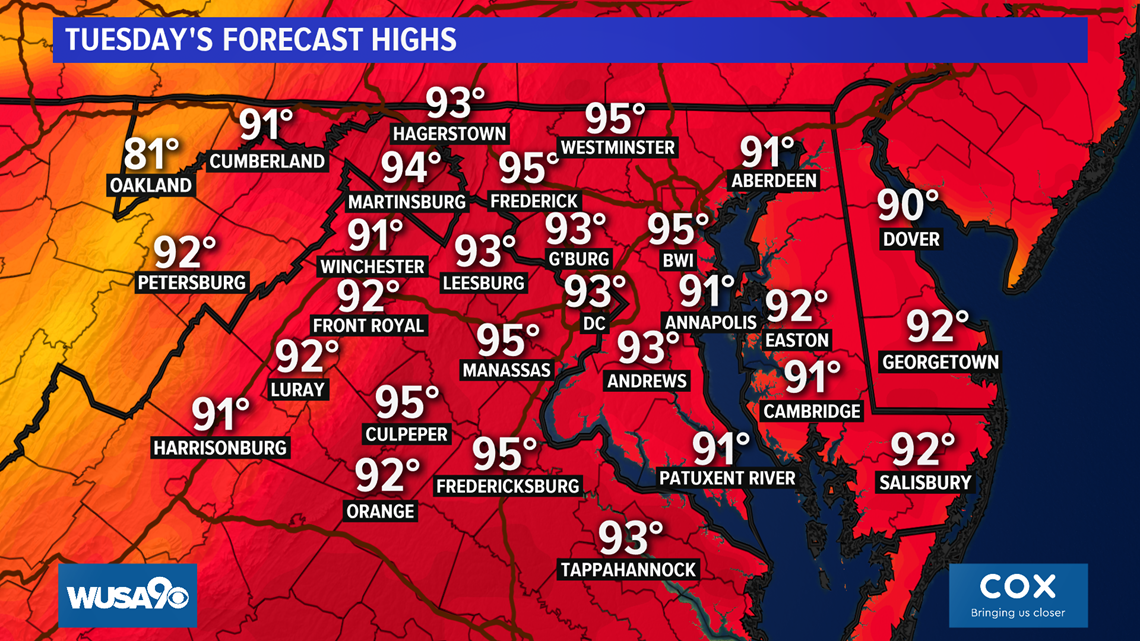
Charging & Electronic Adapters
Washington DC uses Type A and Type B electrical outlets, with a standard voltage of 120V. If you're traveling from outside the US, pack a universal adapter or a specific Type A/B adapter for your devices.
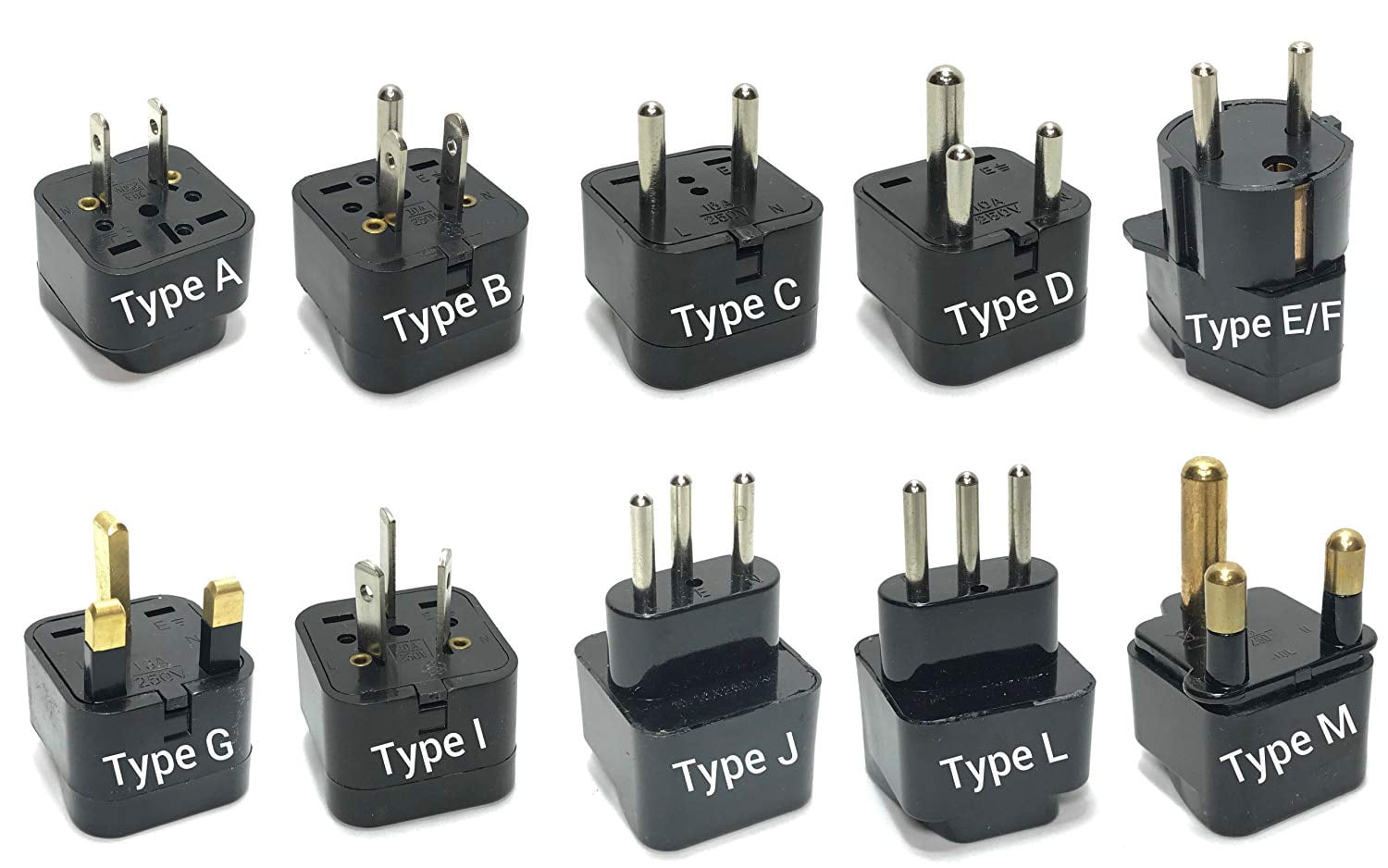
Health Considerations
While there are no specific vaccinations required for Washington DC, it's always wise to be up to date on routine vaccinations. For medical assistance, most hospitals and clinics like George Washington University Hospital are well-equipped.
Safety Tips
Washington DC is generally safe for tourists, but it's prudent to follow common-sense safety tips:
- Do's:
- Stay in well-lit areas at night.
-
Keep an eye on your belongings.
-
Don'ts:
- Avoid displaying valuables openly.
- Don't engage with aggressive panhandlers.
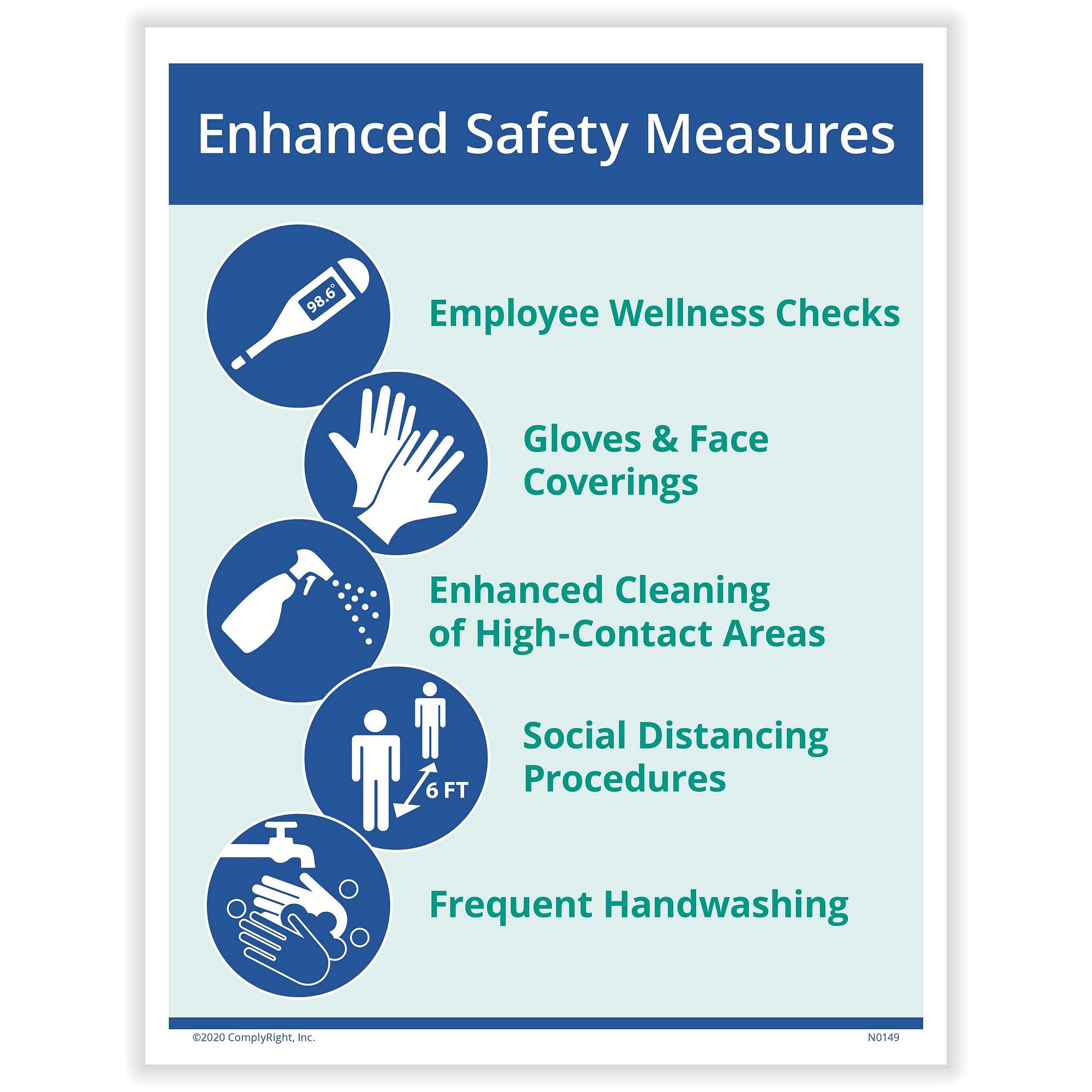
Transportation
The Metro system is an efficient way to get around, with extensive coverage of the city along with bus services. Ride-sharing services like Uber and Lyft are also popular.
Public Transport Tips: - Purchase a SmarTrip card for easy access to buses and Metro. - Use Google Maps for real-time transit directions.

Tipping Culture
Tipping is customary in Washington DC: - Restaurants: 15-20% of the bill. - Taxis: 10-15% of the fare. - Hotels: $1-$5 per night for housekeeping.
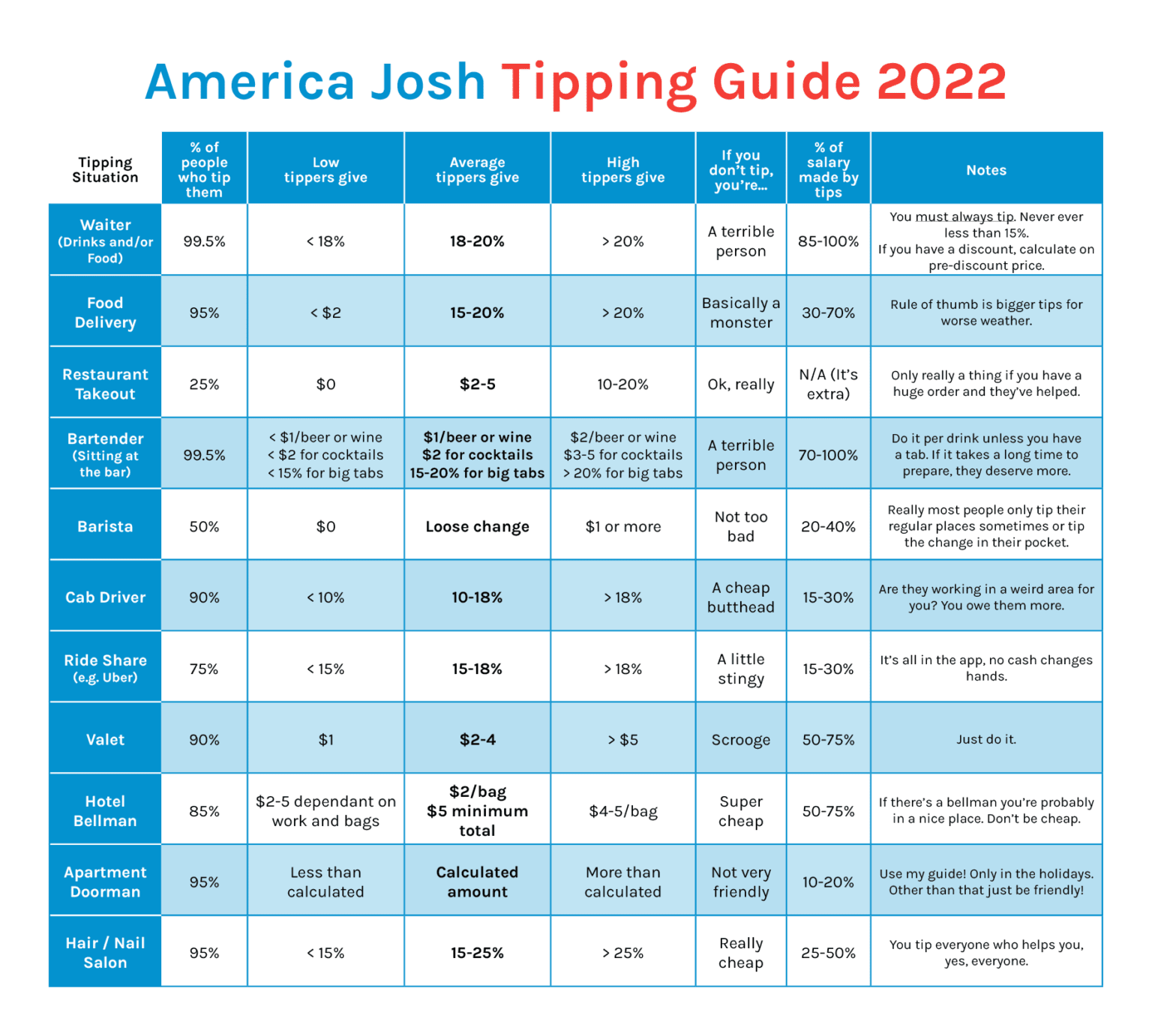
Social Etiquette
When visiting Washington DC, observe the following social etiquette: - Always greet people politely and maintain personal space. - When at museums or monuments, keep your voice down to respect others.
Local Customs: - Avoid discussing politics unless you know your audience. - Say "hello" or "good day" to people you meet, as it fosters friendliness.
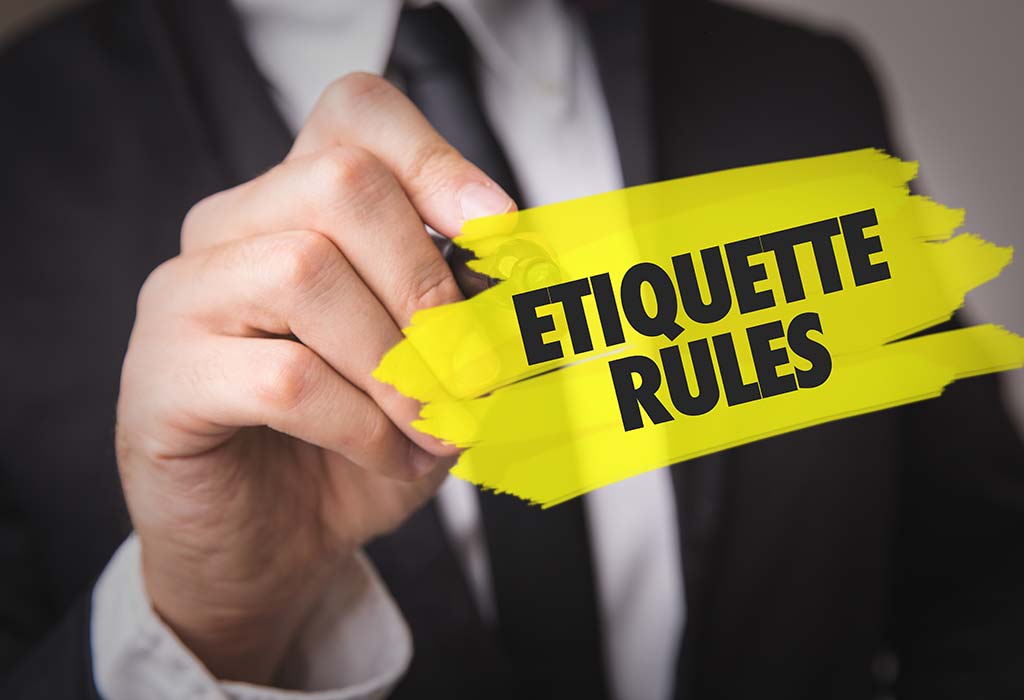
Conclusion
As you explore the captivating streets of Washington DC, remember to respect local customs and immerse yourself in the city's rich history and culture. Always check the latest travel advisories and health tips to ensure a safe and enjoyable trip.
Embrace your adventure in the nation’s capital!

